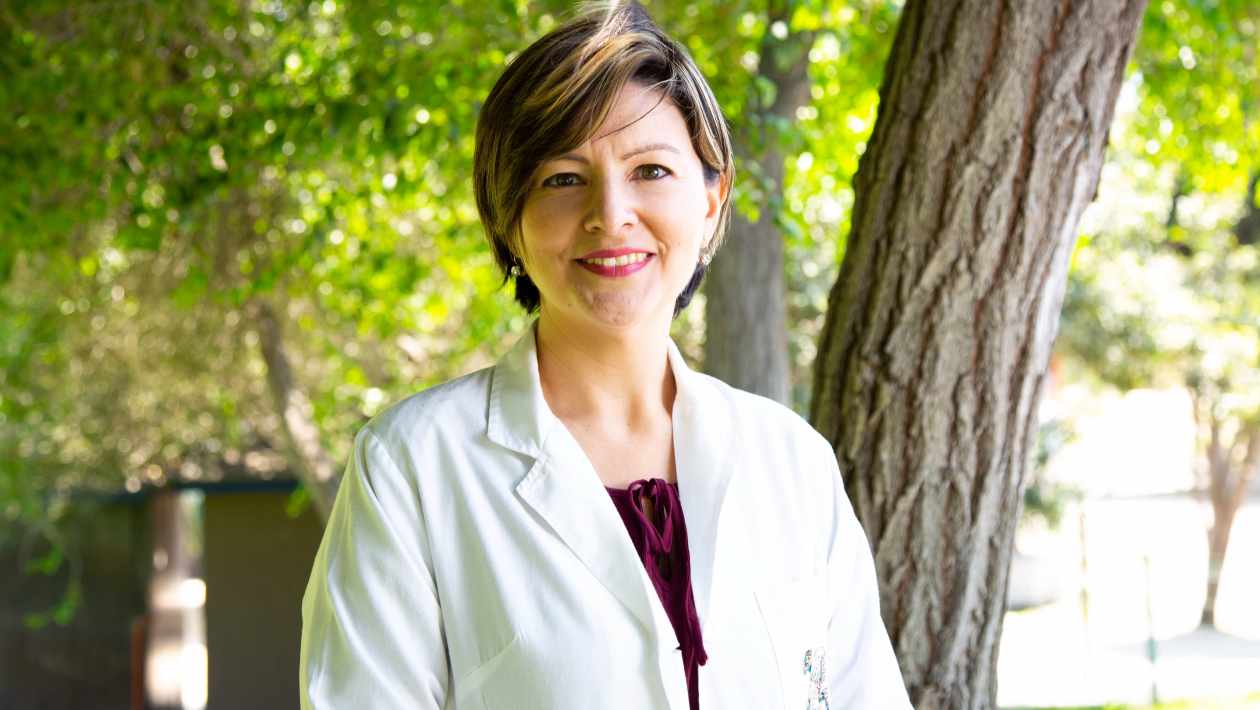Working as a nurse can be a very rewarding career, and it is certainly one that you can be proud of. Not only are you providing a vital service to your local community, but this kind of job can challenge you in ways others can’t, and it a nursing career can also offer a lot of different paths to follow. One area of expertise that you can pursue in nursing is becoming a nurse practitioner, and if this is a field that you are interested in, here are some tips to help you achieve that goal for a Family Nurse Practitioner.
Table of Contents
What are the Differences Between a Registered Nurse and a Nurse Practitioner?
A registered nurse will help to monitor a patient’s health assist in administering prescribed medications and other treatments while looking out for side effects and how the treatments are working generally. They can also help to create and implement a care plan for patients with other members of the healthcare team, care for wounds, record patients’ symptoms and medical history, and take things like blood and urine samples. The difference between an RN and a nurse practitioner (NP) is that a nurse practitioner can also diagnose conditions and prescribe medications to patients, order diagnostic kits, and also operate certain medical equipment.
A family nurse practitioner (FNP) will work closely with families to help them maintain good health, including tips for mental well-being, support in quitting smoking, and so on. They might work in a hospital setting or a smaller healthcare clinic and outpatient clinics.
What Do You Need to Become an FNP?
If you want to specialize as an FNP, you will need to have the right qualifications before you apply for these roles. Typically, an FNP will be a registered nurse with a bachelor’s degree in nursing. You will then need to obtain a master’s degree in nursing, one that focuses on FNP training and study. You can find an example of this type of course in this online nurse practitioner program.
Once you have finished your master’s degree and passed all the relevant clinical and academic examinations, you will then need to get your license to practice as an FNP in your state.
Finding Employment
Nurses are in demand, and FNPs are no different. Finding employment once you have gained the right qualifications shouldn’t be too difficult, and you can work in a variety of environments, as mentioned previously. If you are interested in moving to a different state or country, you will need to check what the requirements are to gain a license in your new location before you can practice.
Why be an FNP?
If you want to advance in your nursing career, there are many routes you can explore, but working as an FNP is a great choice for those who like to work with families and offer this kind of support to them. This role can also offer a great salary and usually better working hours than some other nursing positions.
If you are interested in becoming an FNP as the next step in your nursing career, use these tips to help you start moving forward.
I believe in creativity and try to express the same with my words. I enjoy writing and keeping myself in touch with the books.







